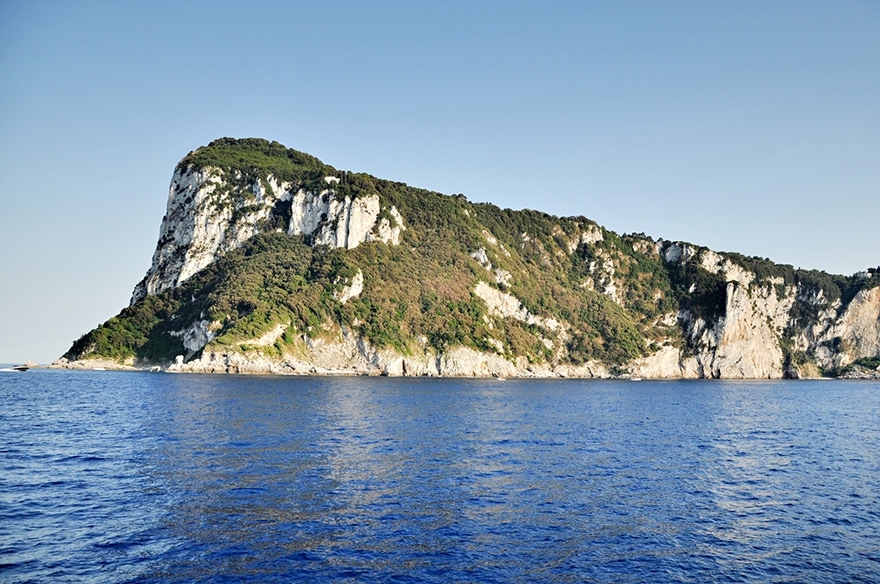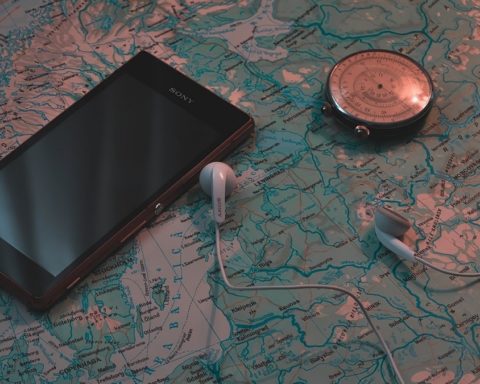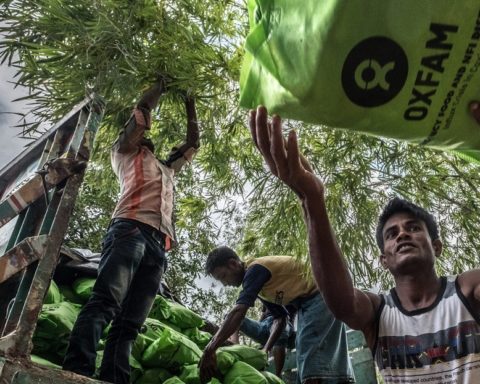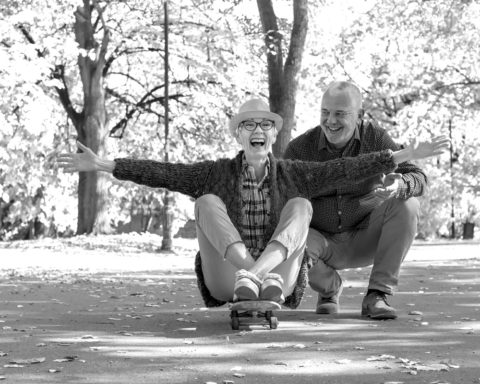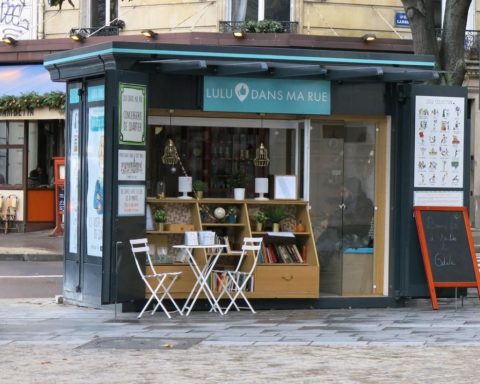The Icelandic government has set the quota for migrants accepted on its territory: 50. Not one more. However, it will probably have to reconsider its position in view of the Facebook campaign which, in the space of a few days, has mobilized 12,000 Icelanders ready to welcome refugees into their homes.
This solidarity movement exploded on the social network thanks to the initiative of a well-known figure in Iceland, writer Bryndís Björgvinsdóttir. In an open letter to her government, she declared that she could and would welcome 5 Syrian refugees into her home. This will increase the quota of migrants by 10 %. In her letter, she calls for mobilization to demonstrate that her 330,000 fellow citizens are capable of accepting people in major difficulty. Her argument? "Refugees are human resources, experience and skills," she asserts, quoted by Le Figaro.
A call immediately relayed on the network FacebookWithin forty-eight hours, it was joined by 12,000 people, most of whom offered living space, food and clothing. Many added to this logistical list: "friendship, knowledge and everything you need to live your life".
This initiative led to the creation of another page In a very short space of time, Facebook aggregated 8,500 people calling on the government to change its quota policy. The Icelandic government reacted to these calls. The Minister of Social Affairs spoke out, without putting forward any figures, in favor of increasing the number of migrants received; the Prime Minister proposed opening an inter-ministerial committee to define the number of migrants the country could receive. More than 50, but certainly less than the 5,000 requested by the Icelandic population.
The Icelandic case of citizen mobilization on a crucial issue such as the influx of refugees into Europe had immediate repercussions in other countries, and seems to be setting an example. In Germany, for example, a website has been set up to mobilize the public and serve as a platform for bringing together refugees and potential hosts.
Similar initiatives are expected to multiply in the coming days in several of the countries concerned. Here, social networks and the Internet play a role commensurate with their effectiveness. Will the "friends" that Facebook likes to see us collect finally become real, made of flesh, tears and hope?
Photo © John Feffer



